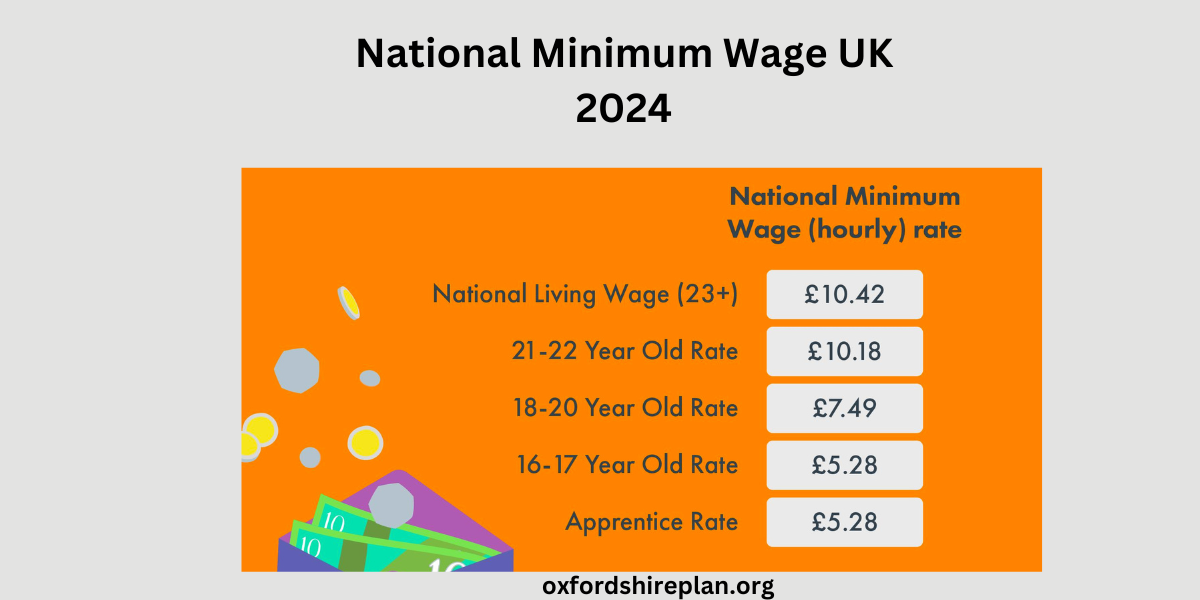Universal Credit (UC) is a welfare benefit in the United Kingdom designed to provide financial support to individuals who are unemployed or on a low income. One of the key aspects of UC is the Limited Capability for Work (LCW) concept, which determines whether an individual is capable of working or not.
In this article, we will talk all about the concepts of LCW, conditions that automatically qualify you for LCWRA, its implications, and the assessment process.
Contents
- What is Limited Capability for Work?
- The Work Capability Assessment (WCA)
- Conditions that automatically qualify you for LCWRA
- The Assessment Process
- Types of Limited Capability for Work
- Implications of Limited Capability for Work
- Preparing for the Work Capability Assessment
- Conclusion
- Frequently Asked Questions
- What is Limited Capability for Work?
- What is the Work Capability Assessment?
- What are the types of Limited Capability for Work?
- How do I prepare for the Work Capability Assessment?
- Read More:
What is Limited Capability for Work?
Limited Capability for Work is a concept used by the Department for Work and Pensions (DWP) to determine whether an individual is capable of working or not. It is a crucial aspect of the Universal Credit system, as it affects the amount of financial support an individual receives and the type of activities they are required to undertake to receive the benefit.
The DWP uses a Work Capability Assessment (WCA) to determine whether an individual has LCW or not.
The Work Capability Assessment (WCA)
The WCA is a medical assessment used to determine whether an individual has LCW. The assessment is conducted by an independent healthcare professional, who evaluates the individual’s physical and mental health conditions to determine their ability to work.
The WCA is designed to assess an individual’s ability to perform daily activities, such as personal care, household chores, and work-related tasks. The assessment is based on a set of descriptors, which outline the level of impairment required to be considered as having LCW.
Conditions that automatically qualify you for LCWRA
The following conditions automatically qualify you for LCWRA:
- Certain types of cancer treatment
- Issues relating to pregnancy
- Receiving Disability Living Allowance (DLA) at the highest rate care, Personal Independence Payment (PIP) at the enhanced daily living or any rate of Attendance Allowance (AA)
- Being in receipt of ESA Support Group
- Having a determined award of ESA and no gaps between claims
- Being pension age and in receipt of DLA at the highest rate care, PIP at enhanced daily living or any rate of AA
- Having a medical condition or disability that makes it difficult to reach up with either arm above waist height (descriptor 2)
- Having a physical health condition that makes it hard to get around safely on your own (descriptor 7)
- Having a mental health condition that affects your ability to plan, organise and complete at least 2 routine tasks (descriptor 12)
- Being pregnant and working or getting ready for work could be a risk to your health or your baby’s health
- Having a medical condition or disability that makes it difficult to plan, organise and complete at least 2 routine tasks (descriptor 12)
- Receiving a certain treatment or condition where LCW or LCWRA is awarded automatically
The Assessment Process
The WCA assessment process typically involves a face-to-face interview with a healthcare professional, who will ask the individual questions about their health conditions, daily activities, and ability to work.
The healthcare professional will also assess the individual’s physical and mental health conditions, including their mobility, dexterity, and cognitive function. The assessment is designed to be comprehensive and thorough, taking into account the individual’s overall health and well-being.
Types of Limited Capability for Work
There are two types of LCW: Limited Capability for Work (LCW) and Limited Capability for Work-Related Activity (LCWRA). LCW is for individuals who are capable of working, but have a health condition that limits their ability to work.
LCWRA is for individuals who are not capable of working, but may be capable of engaging in work-related activities, such as job searching or training.
Implications of Limited Capability for Work
Having LCW or LCWRA has significant implications for an individual’s financial support and the type of activities they are required to undertake.
Individuals with LCW are expected to engage in work-related activities, such as job searching, training, or volunteering, to help them return to work. Those with LCWRA are not expected to engage in work-related activities, as they are not capable of working.
Preparing for the Work Capability Assessment
Individuals who are preparing for a WCA should gather as much information as possible about their health conditions, daily activities, and ability to work. They should also prepare to answer questions about their health conditions, including any medications they take, and any difficulties they experience with daily activities.
It is essential to be honest and open about their health conditions, as this will help the healthcare professional make an accurate assessment.
Conclusion
In conclusion, Limited Capability for Work is a crucial concept in the Universal Credit system, determining whether an individual is capable of working or not. The Work Capability Assessment is a comprehensive assessment that evaluates an individual’s physical and mental health conditions to determine their ability to work. In this article, we have discussed all about conditions that automatically qualify you for LCWRA and other aspects.
Understanding the implications of LCW and preparing for the WCA are essential for individuals who are applying for Universal Credit.
Frequently Asked Questions
What is Limited Capability for Work?
Limited Capability for Work is a concept used by the DWP to determine whether an individual is capable of working or not.
What is the Work Capability Assessment?
The Work Capability Assessment is a medical assessment used to determine whether an individual has Limited Capability for Work.
What are the types of Limited Capability for Work?
There are two types of LCW: Limited Capability for Work (LCW) and Limited Capability for Work-Related Activity (LCWRA).
How do I prepare for the Work Capability Assessment?
Individuals should gather as much information as possible about their health conditions, daily activities, and ability to work, and be honest and open about their health conditions during the assessment.
Read More:

I am a dedicated lifestyle and fashion enthusiast, always looking for the latest trends and timeless styles. With a flair for creativity and a passion for self-expression, I provide fresh insights and tips on elevating everyday living and personal style.
















